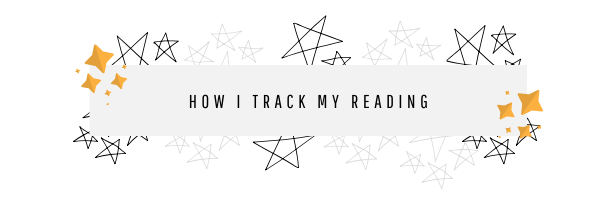
Dear reader,
I haven’t always tracked my reading. When I was a child I would just read and that was it. But as I grew up I tended to be more careful about it, so in 2013 I joined Goodreads for example. And then I joined the book community and learned about more ways to do so, such as spreadsheets or reading journals. As a huge stats nerd, obviously I had to give it all a try.
That’s why I’m here today to tell you about all the different ways I track my reading monthly and annually!
❥ Goodreads
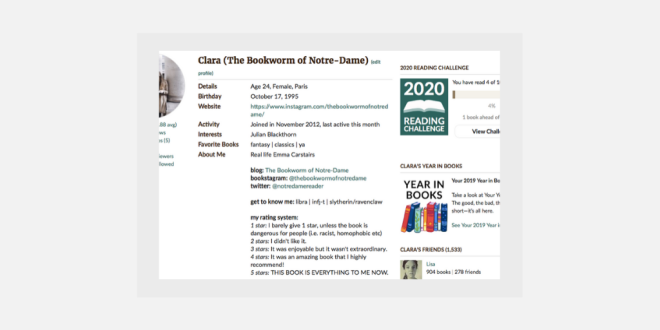
Like many other bookworms I am tracking my reading thanks to the website Goodreads. If you don’t know what it is, Goodreads is a platform which allows you to tell other readers what you are currently reading, how far you are into your current read, what you want to read next, how many books you read per year with the famous Goodreads challenge – and at the end of the year you receive some stats, such as the biggest book your read, how many pages you read in total etc.
It doesn’t give that much stats but it’s great to connect with other readers, let them know what you are reading and make sure you stay on track with your reading goal for the year. It’s a great foundation to any stats nerd dreams, and I believe any bookworm needs it. I use it daily, truly, and I wouldn’t see myself without it anymore.
❥ Monthly Reading Tracker, originally created by Little Book Owl
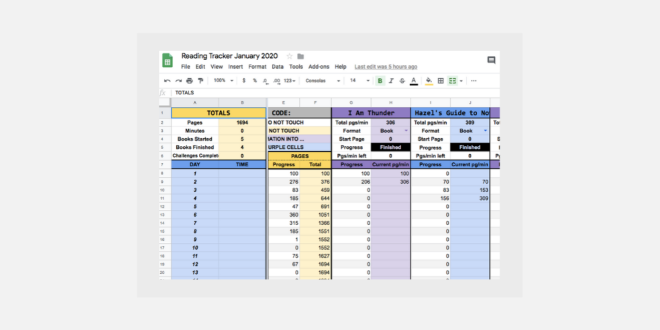
I started using this spreadsheet in 2019 and it really changed my reading game.
I know you can use it annually, but I decided to use it monthly and therefor make a new copy of the original Reading Tracker every month. I kinda use it as a reading tracker as I add every day how much I read of every book, and it calculates how many pages I read every day and therefor every month (also it reminds me how many books I have read so far during the month). I also use it when I participate in a readathon because it has a tracker which helps calculate how many pages you have left to read, how many days you have left and it adds automatically when you finish a prompt.
I now use it also to report how many pages I read per day and month in my reading journal, but I’ll tell you more about it in the last part of this blog post. It doesn’t give you any graphs or anything, but I love to use it that way.
❥ Annual Reading Spreadsheet, originally created by Brock Roberts
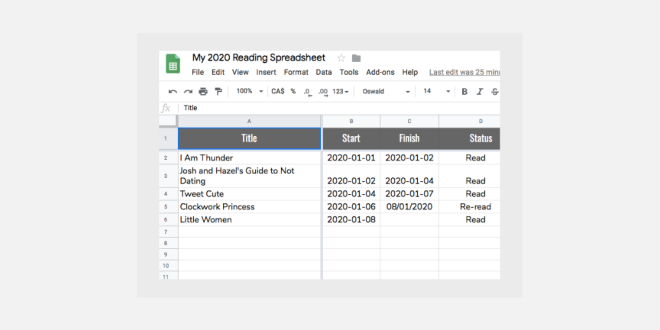
This is my new favourite thing in the world and I can’t wait to be on 2021 to see the end result. I discovered it back in 2019 and waited for January 2020 to start using it. With this spreadsheet you actually have graphs about everything: genres read, publishers, diversity, authors… You also can add everything you buy, everything you borrow at the library and you can calculate your book budget. It’s a life changing spreadsheet for me and it feels all my stats nerd dreams. I use it every time I finish a book, as well as every time I buy one.
❥ My 2020 reading journal

Finally, here is my obsession and my greatest pride at the moment: my reading journal. I waited months to start it as I wanted to truly start using it in 2020. Ever since I’ve been using it daily.
Basically I have an annual part in which I keep track of all the new releases I’m interested into, of my 2020 bookish resolutions, of how many books/pages I read per month (which will end up with two different graphs for the whole year), and what I read the most between genres: I have a tracker for what age range I read the most of, what genre, what rating I give the most, on which format I read the most and if I mostly read new releases or backlist books, re-reads… Oh, and I also have a series tracker to make sure I don’t forget which series I started and need to finish.
And then for the monthly part I have a calendar with all the blog posts I need to write, all the new releases, all the events I’m invited to and all that fun stuff. I also have a dashboard with a tracker for what I read this month (book colour to colour code later, title, author, rating, start date and finish date), for what books I buy every month and for reminders about Instagram stuff (what content I need to post if I’m working for a brand for example). Finally I have a page tracker, which means I colour how many pages I read per day in the colour of the book I chose and it ends up with a beautiful and colourful graph.
It may all sound silly but it makes me feel so peaceful and I love writing stuff in this journal.
And that’s all!
How do you track your reading? Do you do it at all?
Love always,
Clara
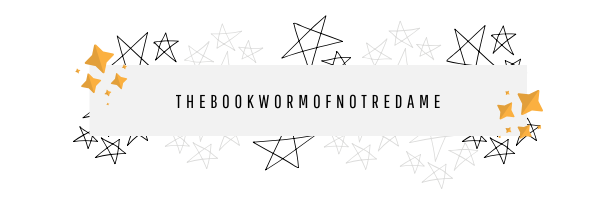
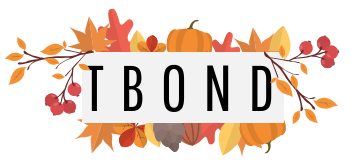
this is a great post! I’m also doing a reading journal this year, mainly to keep track of all the kids books I read for story times (I’m a children’s librarian). I haven’t really decided what else to put in it yet. I also use Kal from Reader Voracious’ book blogger spreadsheet to keep track of my reads.
LikeLike
Spreadsheets are everything tbh haha!
LikeLiked by 1 person
I just use Goodreads – I think using a spreadsheet would be too overwhelming for me!
LikeLike
It definitely isn’t for everyone!
LikeLiked by 1 person
I love seeing what other people use to track their reading! 🙂 I mostly use GoodReads and an excel spreadsheet that makes it easier to create the graphs for monthly and yearly wrap ups .
LikeLike
Spreadsheets are amazing!!
LikeLiked by 1 person
Would love to see some pictures of your reading journal at the end of the month! 🙂
LikeLike
I probably won’t share it because it’s something I do only for myself, I’m sorry!
LikeLike
Oh that’s ok, I totally understand!
LikeLike
wow, your bullet journal spread looks extremely complete! i’ve been tracking my read on a journal since last year and i find it’s more helpful than keeping a spread sheet. even though i had one for 2019, for some reason, i felt more motivated to complete the one in my journal than the one in my excel. do you feel like it works for you like this too? even though my spread is rather simple: i only fill up title, rating and the specific representations so i know when i’m reading more diversely, i love doing it. for some reason, i think i get to be a little bit more creative than with just a regular spreadsheet.
LikeLike
I personally love to fill both the same haha, they both bring me something different! And I’m not that creative on paper, like my reading journal is SOOOO boring haha!
LikeLiked by 1 person
I mostly use a spreadsheet to track my reading!! i love the one i made this year and actually made a template and shared it on my blog yesterday for the people who said they wanted to use it haha! i also use goodreads but that’s not really for tracking more for reviewing.
LikeLike
Ohh I’m so curious so I’m going to check it out haha!
I used to review all the time on Goodreads but I’m too lazy now!
LikeLike
hope you like it!
ahahaha i just took up reviewing everything on goodreads since i stopped reviewing most of what i read on the blog and so far so good! i’m enjoying it!
LikeLike
I pretty much only use my blog wrap-ups and Goodreads!! I’ve tried spreadsheets but I simply forget to do it and I give up xD I don’t know if I should try again
LikeLike
Maybe you could try again but they’re not for everyone, that’s for sure haha!
LikeLiked by 1 person
I only use Goodreads but thanks for the spreadsheets!
LikeLike
Of course!
LikeLiked by 1 person
Ahh this is such an interesting post! I don’t track my reading a whole lot, I mostly use goodreads and my monthly wrap-ups, but otherwise I don’t. I thought about using spreadsheets, but I quickly gave up, because I constantly forgot to update them ahah. 🙂
LikeLike
Tbh spreadsheets aren’t for everyone, I understand how that can be difficult to think about updating it and everything! It took me a year to decide to go for it + to start a reading journal because I needed to be sure I would commit to it, and since I’ve been committed to my bujo for a year and a half now I thought it was the right time 🙊 Thank you for your comment, sweets! ❤
LikeLiked by 1 person